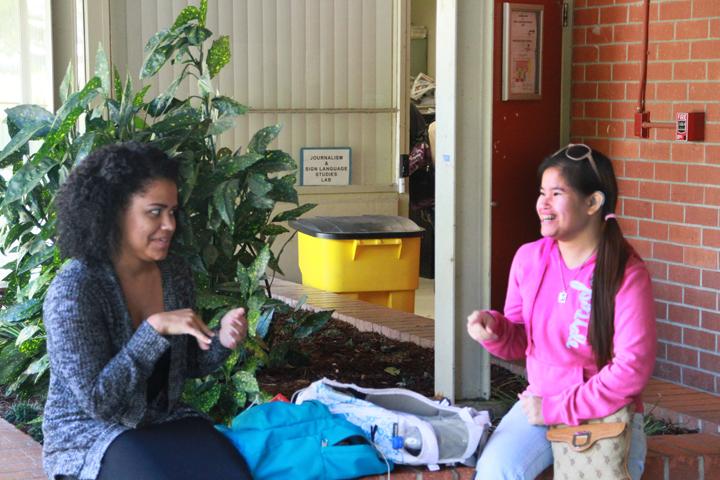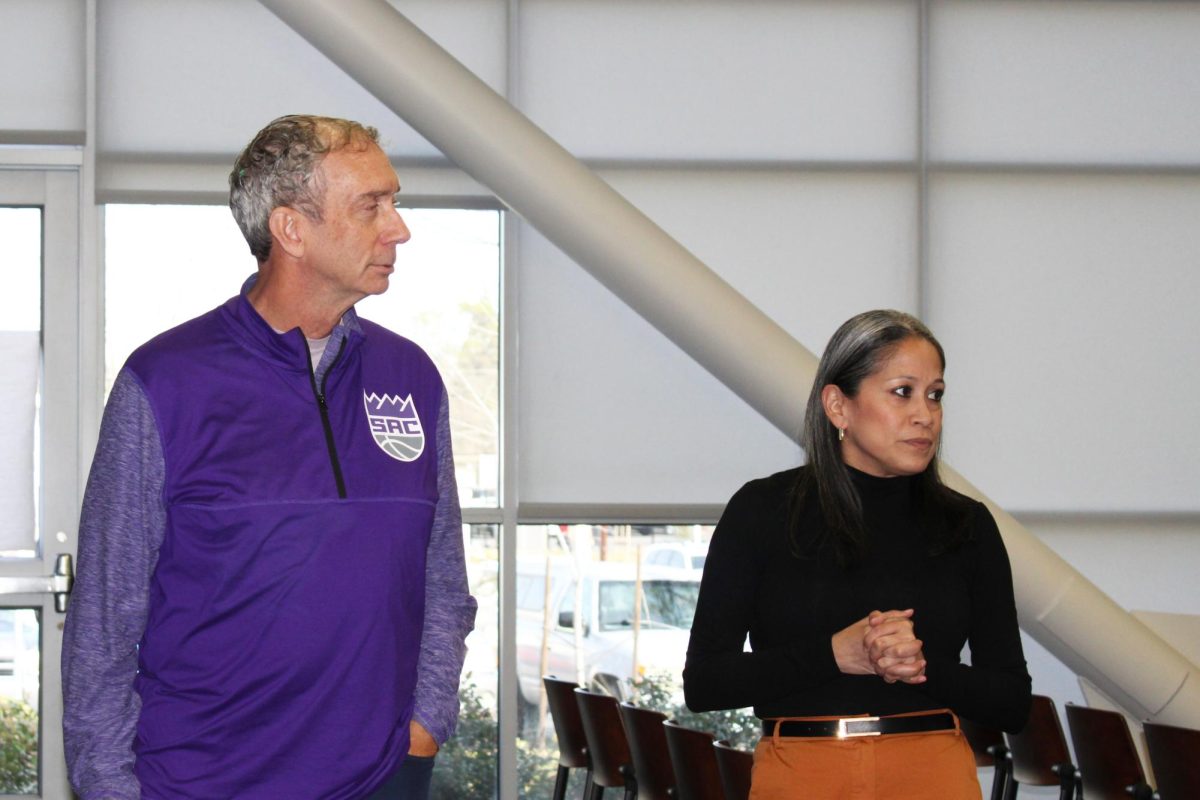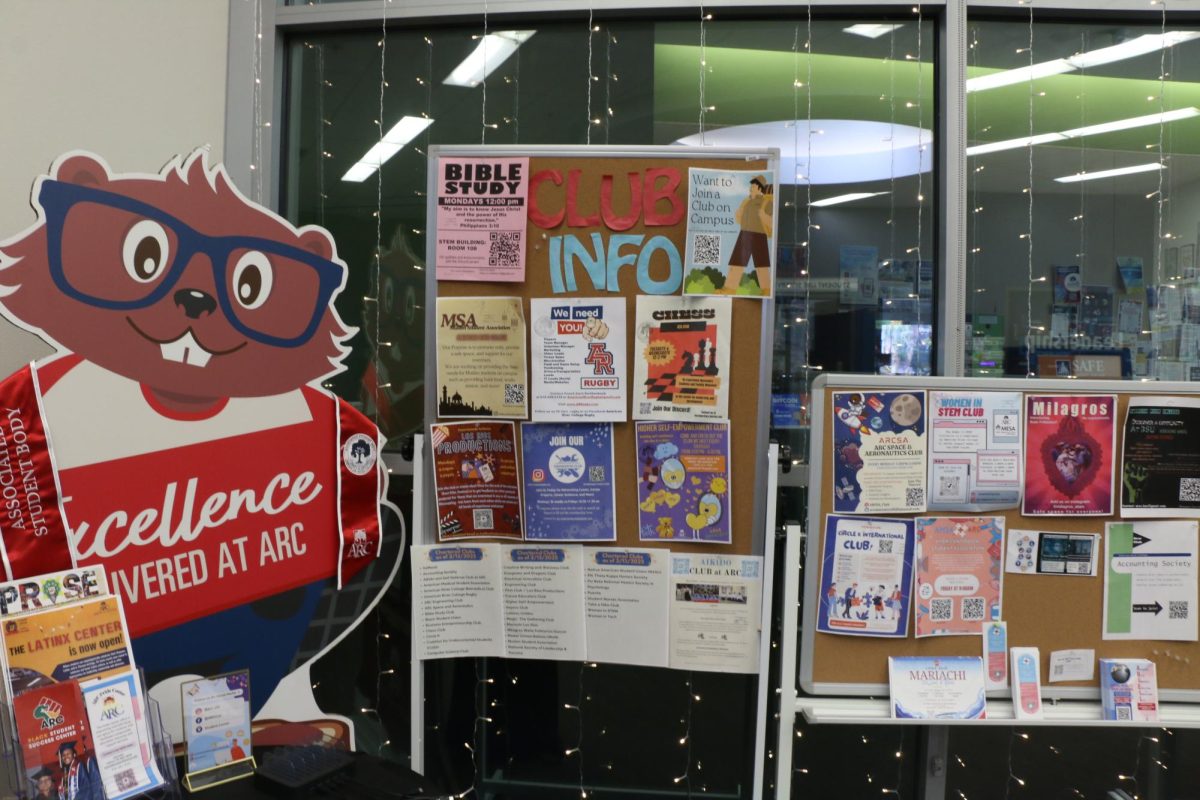Deaf culture is something that many people overlook as a part of a deaf person’s life; it is also quite possibly the most important part.
On Oct. 5, Paddy Ladd, author of the book “Deaf Culture: In Search of Deafhood,” gave a seminar to professors at American River College about his book and how to better understand deaf culture.
Although students were unable to attend Ladd’s seminar, sign language professor Jill Birchall gave The Current a little taste of what the book and seminar are about.
In Ladd’s book he explains the difference between a medical deaf culture and natural deaf culture.
When a deaf child is born to parents who are not deaf, the parents are immediately referred to doctors and hearing specialists, which puts a focus on the fact that the child cannot hear.
“Deaf people do not need to be cured and (others should) not practice or contribute to Audism,” said Birchall. “(It’s) a form of able-ism, which is defined as the notion that one is superior based on one’s ability to hear or to behave in the manner of one who hears.”
This causes the child to lose his self-identity in a sense. Parents struggle to learn sign language, and throughout the child’s life he may feel they concentrate on the fact that he is missing his hearing, as opposed to focusing on things the child is able to do.
The other aspect of deaf culture, which is more natural, is when the parents of a child are also deaf. It makes it easier for the child to learn her self-identity mostly because the parents already know what they are supposed to do.
When communicating with a deaf person either on campus or elsewhere, it is important to address the person and not his or her interpreter. “It’s like when you talk to anyone else,” said Birchall, “you want them to know you’re engaging them in a conversation.”
“If our department offers college hours or deaf culture workshops, the most important thing for participants to take away from the workshops would be to view deaf people as a positive addition to the humankind,” said Birchall.
“In (Ladd’s) book, (he) discusses Deaf communities, being Deaf in the Western Civilization, Deaf Clubs, Deaf Subalterns, Subaltern Rebels and Deafhood, and implications for Deaf Cultural Theory.” Birchall said in an email to The Current, “In other words, if you want to understand Deaf Culture and Deafhood; reading his book would be essential.”








